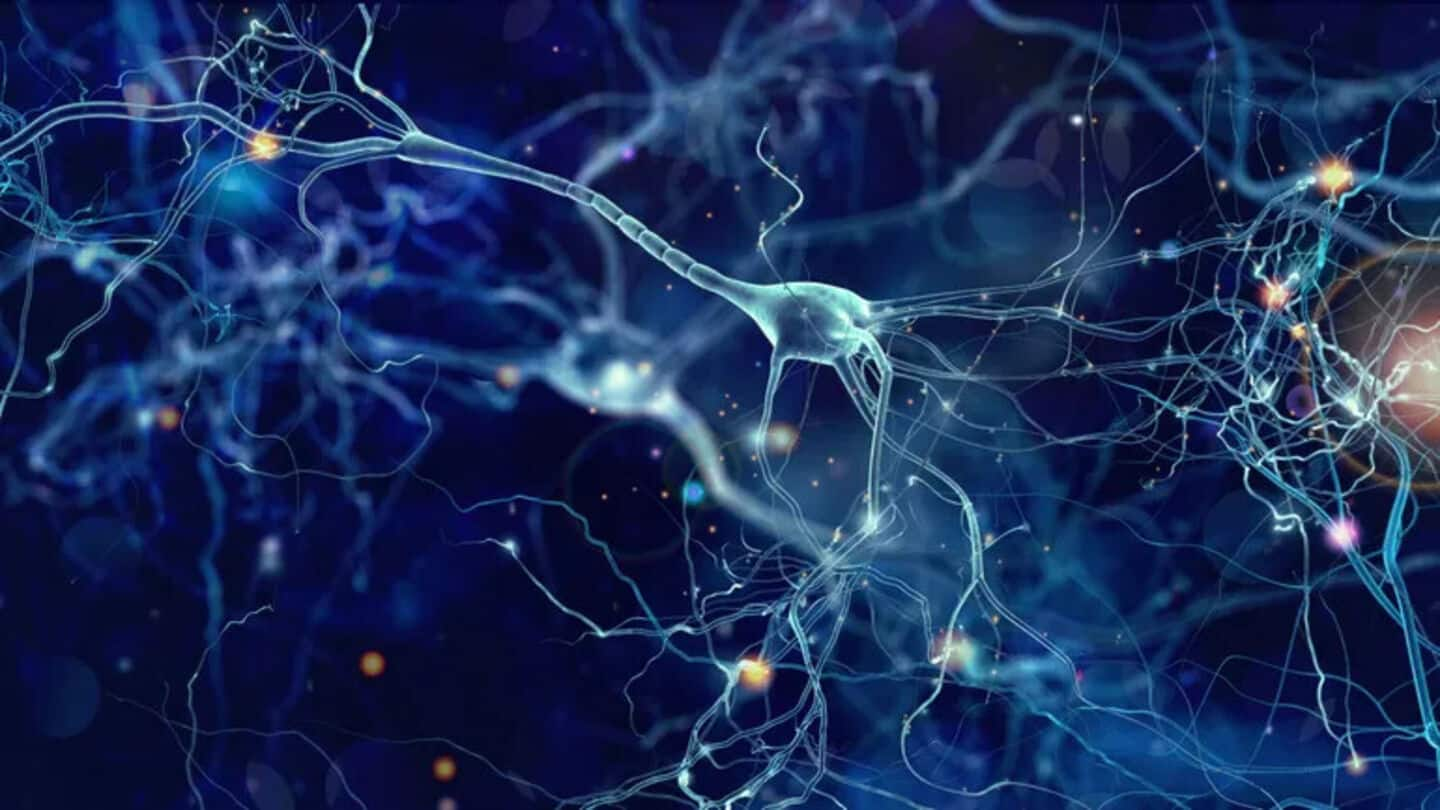
Stem cell therapy shows promise in treating Parkinson's disease
What's the story
Recent studies suggest stem cell transplants could provide a new treatment for Parkinson's disease. In two separate studies, researchers found that transplanting stem cells into the brains of patients resulted in dopamine production and symptom relief. The findings were published in the journal Nature. One of the treatments has already received FDA approval for a Phase 3 study, marking a major step toward potential widespread use.
Disease overview
Parkinson's disease and its impact
Parkinson's disease is a progressive brain disorder that impacts nearly one million people in the US. The disease attacks neurons that produce dopamine, resulting in symptoms like tremors, rigidity, fatigue, walking difficulties, and cognitive problems. The novel method of using stem cells for treatment stems from their unique ability to develop into different cell types, including dopamine-producing neurons.
Study insights
Details of the studies
The first study included 12 Parkinson's patients in the US and Canada. They were given a stem cell product from BlueRock Therapeutics, delivered in low or high doses. The cells were injected into certain brain regions involved in movement, leading to dopamine production as indicated by PET scans performed 18 months after the surgery. The treatment also seemed to reduce symptoms according to standard Parkinson's progression scale assessments.
Results
Insights from the studies
Dr. Lorenz Studer, a scientific advisor to BlueRock, said participants in his study had a much different experience than regular Parkinson's patients. "The high-dose group, they got about 20 points better," he said. A second study by researchers in Kyoto, Japan used induced pluripotent stem cells from patients' own cells instead of embryos. This also produced dopamine and reduced symptoms without any serious adverse effects.
Research progress
Challenges and advancements
The journey to replace brain cells lost due to Parkinson's disease hasn't been smooth. Since the 1980s, scientists have been experimenting fetal tissue transplants into Parkinson's patients, but results were inconsistent and sometimes caused side effects like uncontrolled movement. It took Studer's team nearly two decades to develop a product they felt confident enough to test on humans.
Future prospects
Potential and risks of stem cell therapy
Despite the technical challenges, stem cells are now viewed as a potential treatment option for not just Parkinson's but also other neurological conditions like epilepsy or Alzheimer's. Dr. Viviane Tabar, a leading stem cell scientist at Memorial Sloan Kettering Cancer Center in New York, said these cells could replace missing neurons and rebuild circuitry instead of just releasing substances like dopamine. However, long-term monitoring is required due to potential risks like tumor formation or disease progression in new neurons.